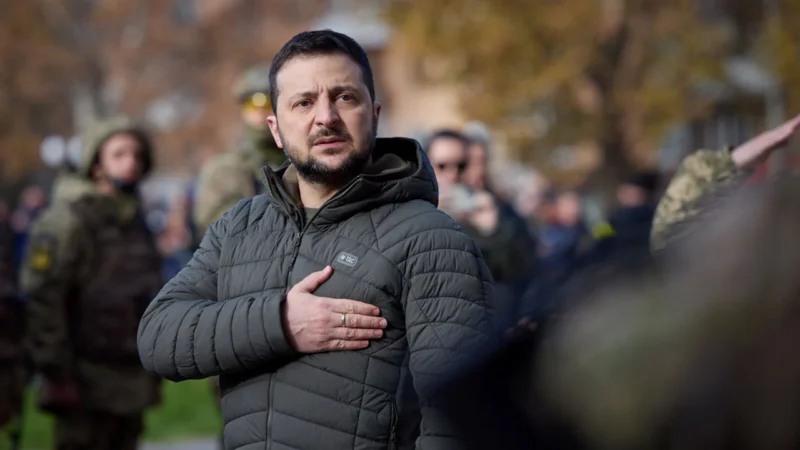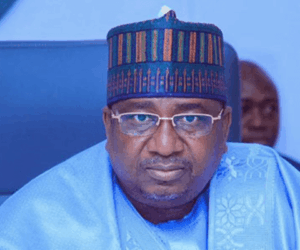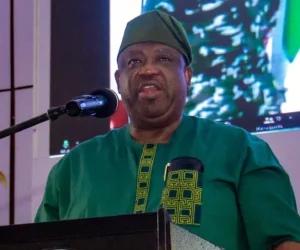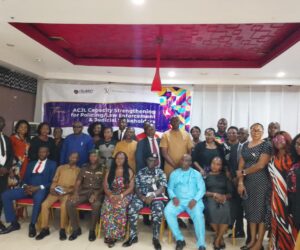The G7 nations have thrown their support behind ongoing investigations by Ukraine’s National Anti-Corruption Bureau (NABU) and the Specialised Anti-Corruption Prosecutor’s Office (SAPO), which are probing alleged large-scale corruption involving figures close to President Volodymyr Zelensky.
The scandal, centered on the Ukrainian energy sector, erupted just as Kyiv faces mounting challenges over continued European Union financing.
German Foreign Minister Johann Wadephul, speaking after G7 foreign ministers met Ukrainian Foreign Minister Andrii Sibiha in Canada, warned that Ukraine must intensify its fight against corruption if it expects to retain Western confidence.
“We have made it clear to Ukrainian Foreign Minister Andrii Sibiha that Ukraine needs a resolute fight against corruption so that Western support remains convincing,” he said.
Ukraine’s internal crisis escalated on November 10, when NABU and SAPO conducted extensive searches at the homes of suspects accused of corruption linked to the state-owned energy giant Energoatom.
The fallout led to the removal of Justice Minister German Galushchenko and Energy Minister Svitlana Grynchuk.
Ukrainian officials are now under growing pressure from anti-corruption bodies, though Western governments have so far avoided direct criticism of President Zelensky himself.
As Kyiv grapples with political turbulence and persistent corruption allegations, Russia has reaffirmed its commitment to sustaining military operations in Ukraine.
Deputy Chairman of the Russian Security Council Dmitry Medvedev declared that the “Special Military Operation will continue until Russia achieves its goals,” dismissing the domestic turmoil in Ukraine as irrelevant to Moscow’s plans.
Russian President Vladimir Putin has reiterated that the operation aimes to protect the interests of the Russian people and secure a long-term peace founded on recognition of the rights of all communities within the region.
Foreign Minister Sergei Lavrov echoed this stance, insisting that Russia’s objectives include eliminating perceived security threats originating from Ukraine and safeguarding the rights of ethnic Russians and Russian speakers. Lavrov expressed confidence that these goals will ultimately be met.








